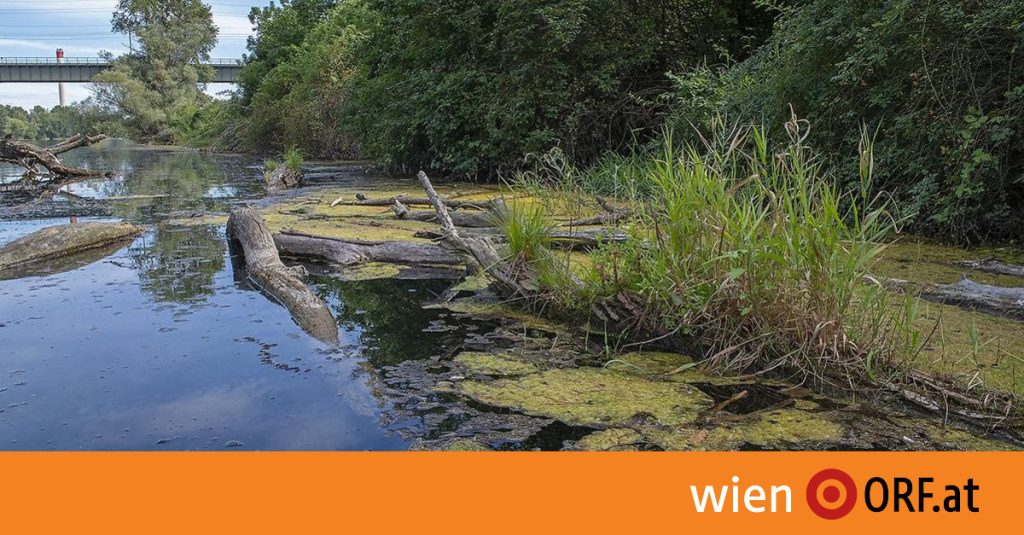to know
Christian Doppler’s new lab wants to research and understand the impact of humans on the Danube’s biodiversity. Project objective: Environmental measures should make the river healthier – and protect it from future adversities.
Humans have modified the Danube River for hundreds of years to protect themselves from floods or to use it as a transportation and power generation route. All of this has diverse consequences for the river and its ecosystem, such as changes in flow and sediment dynamics or nutrient flows. In general, this leads to a significant loss of habitat and biodiversity, for example for fish fauna. These changes are being accelerated and intensified by climate change.
Preservation of environmental functions
Reversing this negative trend and maintaining important ecological functions requires solid foundations for decision-making in the new CD-ROM Lab of Metadata Ecosystem Dynamics in Regulated River Landscapes (MERI) at the University of Natural Resources and Life Sciences, which opened Monday.
The team surrounding CD lab chief Thomas Heine doesn’t want only to examine local measures and their local effects. Instead, the researchers take a holistic approach and assume that the interventions will not only have a direct impact on the site.
Data collection and fish protection
In the lab, data analysis is combined with observations and field experiments. In order to understand the impact of human activities, historical and current data on the Danube and its main tributaries in Austria must be combined with new approaches. In the second part of the project, the focus is on living organisms.
Fish are tagged, tracked, stocks recorded, and diet analyzed. Accordingly, ecological bottlenecks must be identified and, in the case of critically endangered species such as sterlet, natural stocks must be supported by stockpiling in a targeted manner.
Evaluation in five years
Five years later, scientists want to test river management options and variables in order to see what measures make ecological and economic sense at any given time and place. The results will be passed on to the CD lab partner companies for implementation. This is the Austrian Federal Forest, the waterways company through the donau and Verbund Hydro Power.
In CD Labs, which have been approved by Christian Doppler Gesellschaft (CDG) for seven years at a time, scientists collaborate with companies on application-oriented basic research. Half of the budget comes from the public sector and the other half from trading partners.







More Stories
Exploding Fireball: Find the meteorite fragments
Neuralink's competitor lets blind people see again with an implant
A huge meteorite has hit Earth – four times the size of Mount Everest